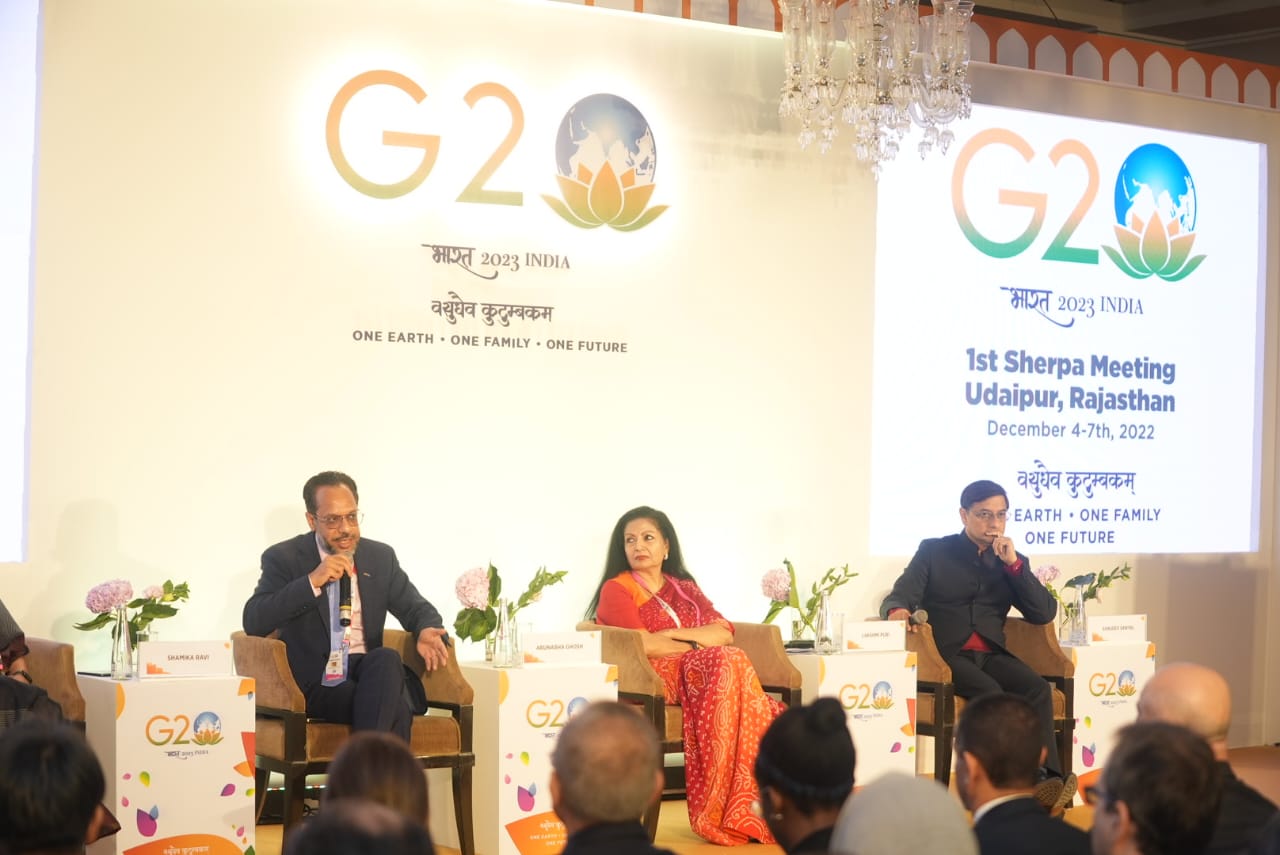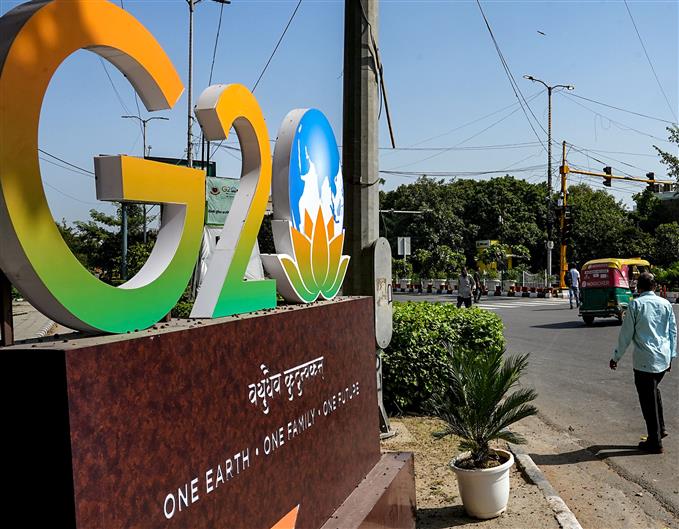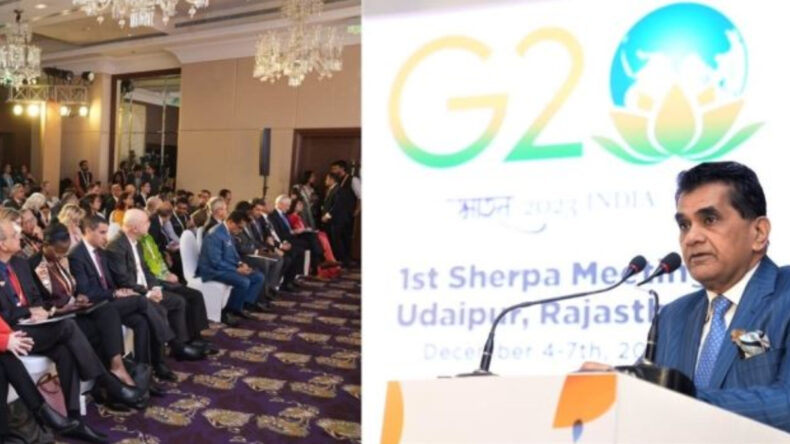At the most recent round of Sherpa negotiations, member states were unable to agree on the “Delhi Declaration” since India’s proposal for the section addressing the conflict in Ukraine seemed to fall short of achieving a compromise.
The eagerly awaited G20 summit in New Delhi is now marred by disagreement after the final Sherpa meeting to polish the “Delhi Declaration” ended without agreement.
Two major sources of dispute emerged as the world watched closely: the ongoing conflict in Ukraine and the complex complexities of climate change policy. Now it is up to the leaders to resolve these issues and come to an agreement.
Views on the Ukraine conflict
In an apparent attempt to meet the needs of both the Western countries and the Russo-Chinese side, India’s proposal on the section dealing with the Ukraine issue has failed to reach a compromise. The US, UK, and other Western countries have expressed their concerns, arguing that the proposal does not adequately confront Russia’s military activities in Ukraine.
Sergey Lavrov, the foreign minister of Russia, and S. Jaishankar, the minister of external affairs, met in Jakarta in an effort to break the impasse, but the endeavour proved Herculean given the intricate geopolitical circumstances at play.
The fault lines seem to be getting deeper as India tries to avoid setting the unfortunate record of being the first presiding country that was unable to release a leaders’ declaration. Given the economic principles that guide the G20’s ethos, the Western nations are pressing for an open criticism of Russia’s conduct in Ukraine, a narrative that is vehemently resisted by both China and Russia.

Climate Change: A constant point
In addition to the Ukrainian problem, the climate change policy has become a significant impediment. The Sherpa debates revealed an underlying difference of opinion on crucial climate initiatives, including the use of fossil fuels, benchmarks for renewable energy, and goals for greenhouse gas emissions.
India is one of the countries rejecting the Western proposal to exponentially increase renewable energy capacity by 2030 along with a significant decrease in greenhouse gas emissions by 2035, along with countries like China, Saudi Arabia and Russia.
Saudi Arabia is particularly worried since its economy is reliant on fossil fuels. The transition to renewable energy and expansion into other knowledge-based industries could take a decade, despite efforts to do so. The G7 nations appear to be under intense pressure to accelerate their promises to net-zero emissions, but emerging countries concerned with preserving their energy needs and economic growth paths oppose this view.
According to India, the industrialized world has a “first movers advantage” over emerging countries and as a result, the Global South should be given enough time and resources to develop while combating the threat of climate change.
Globally, wealthier countries fell short of their commitment to give poorer countries $100 billion annually in climate funding by 2020, casting doubt on the motivations of the “historical” polluters to aid weaker nations that have had little to do with global warming.

G20:Tentative future
The New Delhi summit is at a turning point because conflicting opinions cast doubt on the likelihood of producing a cohesive “Delhi Declaration.” There is an undercurrent of anticipation as leaders gather on September 9–10, anticipating how the G20 countries will navigate this mosaic of opposing viewpoints and the potential paths to agreement they can forge on this international stage, with implications that go beyond the summit and will shape the geopolitical landscape in the future.
The upcoming COP28 conference, which will take place in the United Arab Emirates later this year, looms as another crucial forum for climate discussions. At this time, states are cautiously holding their cards close and are reluctant to reveal their hands before it is appropriate.
As the G20 summit in New Delhi draws to a close, the stage is set for an occasion marked by sophisticated diplomacy and a landscape dotted with intricate geopolitical intricacies, mirroring the complexities of the modern global environment. It will be interesting to watch if consensus can overcome disagreement and pave the road for shared advancement in a society that is becoming more and more divided.













